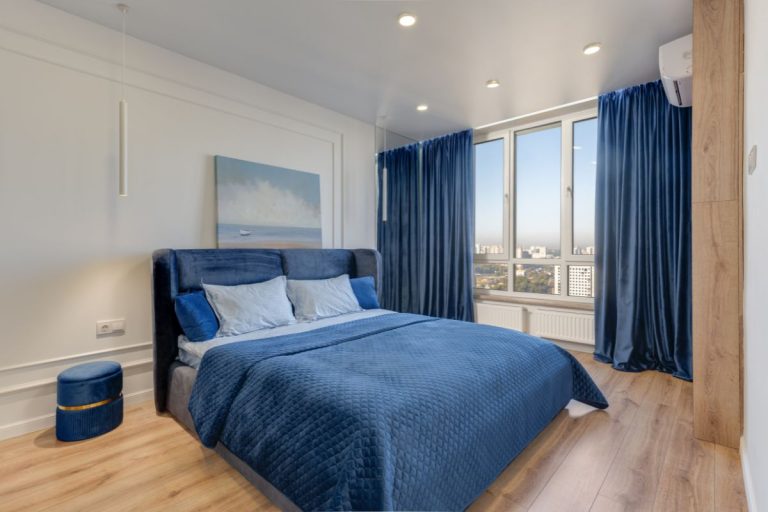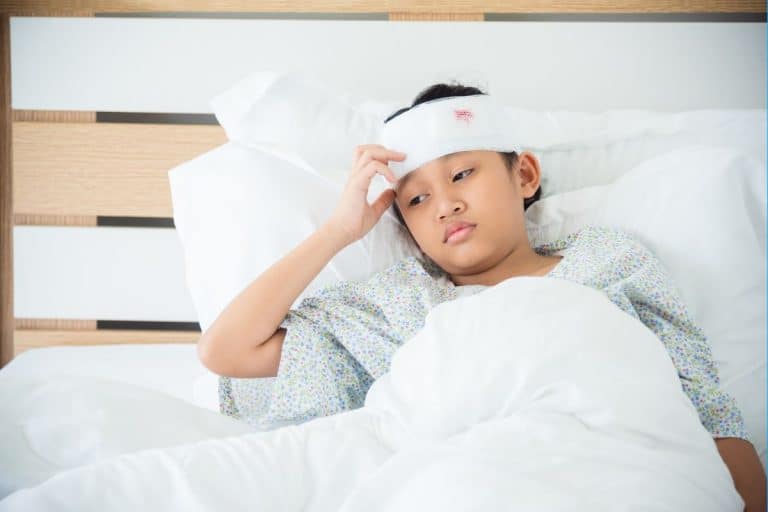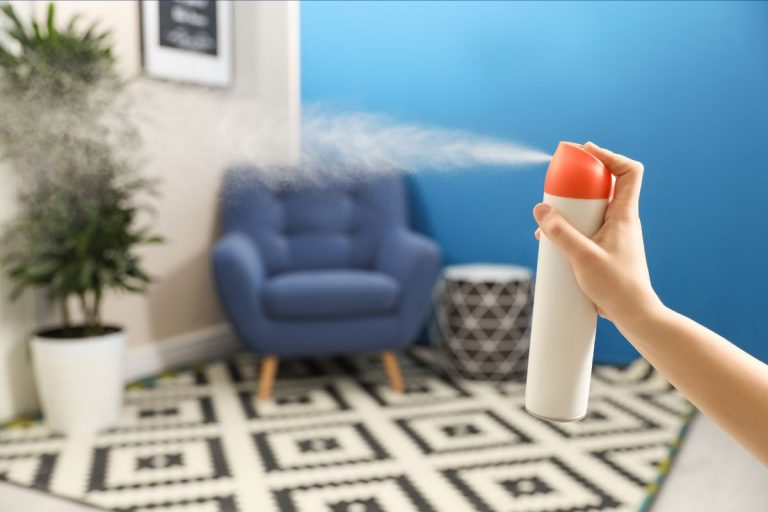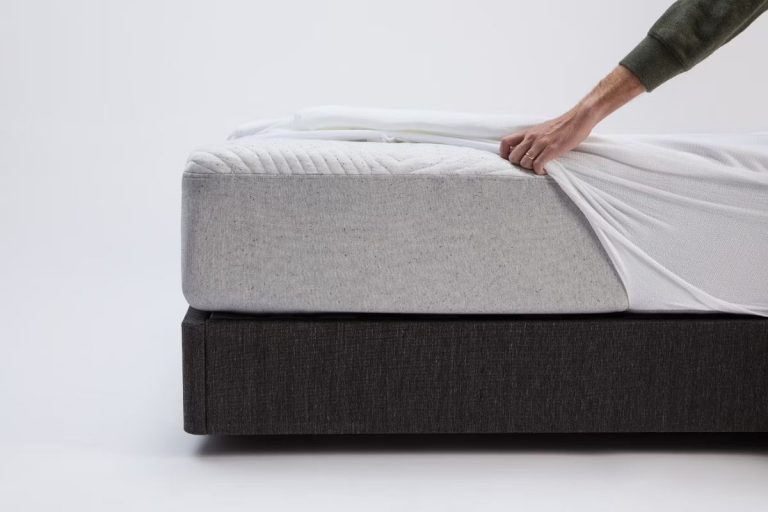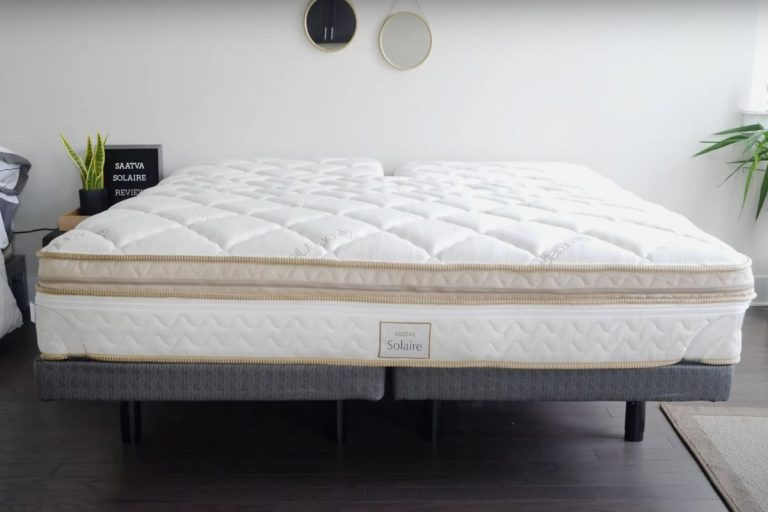Autism can be responsible for major behavioral, social and emotional dysfunction. Disorders related to sleep co-occur with many of the patients in the autism spectrum. Sleep issues in autistic patients have been linked with communication issues, increased stereotypy, and poor social interaction. These issues also affect their general autistic behavior.
Countless symptoms touch on autism. Some contribute to sleepiness among those on the spectrum. Some of the common causes of sleepiness in autistic patients include:
- Mental or physical illness – Folks in the autism spectrum, on top of having to cope with sleep-related issues, also grapple with mental and physical ailments that can impact sleep. Anxiety, ADHD, obsessive-compulsive disorder, seizure disorders, acid reflux, and sleep apnea can all contribute to difficulties in good sleep.
- Melatonin deficiency – Production of melatonin in autistic people is lower compared to the neurotypical people. Melatonin, as we will learn later in this primer, is a highly important sleep hormone.
- Sensory issues – It is common knowledge that most autistic patients tend to be hypersensitive to sensual input. Perhaps they grapple with sleep issues due to their inability to block out sensations and noises that interrupt their rest.
- Genetics – Genetics can play a role in autistic patients to fall and stay asleep.
Sleep Issues In Autistic Patients
Sleep disturbance is not merely spiteful. It influences performance, temperament, and perception. Autism affects these domains too. By improving sleep quality, symptoms in these key domains also improve.
One of the reasons that inform sleep interruption in autistic people has to do with malfunctions in the circadian rhythm. This is perhaps because of hormone melatonin dysregulation. Melatonin plays a big role in regulating the different phases of sleep:
Other factors that can play a role include;
- Gastrointestinal issues
- Epilepsy
- Anxiety
- Excess stimulation during bedtime
- Side effects of medication
- Breathing problems
Autistic children grapple with insomnia. Their number of sleeping hours is fewer compared to their normal developing counterparts. In addition to that, they regularly awake in the wee hours of the night as they roil the household. Some lay on their bed wide awake to sing their favorite songs. Others prefer to watch their beloved cartoons.
What is now clear is that sleepiness bears a great brunt on autism symptoms. Autistic patients with compromised sleep patterns are at a higher risk of pitiable daytime behavior. Poor sleep aggravates several classic autism difficulties including:
- Having challenges with attention, communication, and social interactions
- Being susceptible to repetitive behavior
- Getting excited too easily
Chronic lack of sleep augments anxiety and stress in already exhausted parents and guardians. Eventually, this can affect their ability to interact and parent their kids. Poor quality of sleep worsens cognitive functioning in autistic patients. It really affects the REM phase, which plays a big role in learning and memory.
Abnormal sleep patterns
People in the autistic spectrum take a longer period to enter the REM phase (around 160 minutes). On top of that, they spend roughly 15.5% of their sleep at the stage. By contrast, normally, we spend around 100 minutes to enter the REM phase and 25% of our sleep at this stage.
As we mentioned earlier, this stage is very important because of the role it plays when it comes to the processing of emotions and fear.
Another highlight of autistic patients in regards to their sleeping patterns is the fact that they tend to spend more time in slow-wave sleep. Slow-wave sleep is essential for memory retention. REM abnormalities in those grappling with autism correlate with social responsiveness and cognitive function.
Behavioral issues
Some behavioral problems are characteristic of those with autism. These behavioral issues not only escalate parental stress but also gravely affect a family’s life quality. They include:
- Noncompliance
- Impulsiveness
- Hyperactivity
- Self-injury
- Aggression
- Tantrums
- Disruptive behaviors
Sleep issues might worsen the above mentioned behavioral characteristics in autistic patients. Disturbances in sleep are linked with mental and general behavioral issues in those with autism. Moreover, those with sleep issues experience more external and internal behavior issues. They also suffer from poor development in adaptive skills which is something those without autism do not.
What do all these mean? It simply means that enhancing the sleep of those with autism goes miles to improving their behavior which in turn minimizes parental stress as well as enhancing the utmost functioning of the family.
Inattention
Inattention coupled with hyperactivity is a common characteristic of kids with ASD. Many children in the spectrum, according to this study, experience sleep issues such as daytime sleepiness, delays in sleep-onset and variable sleep patterns.
High arousal levels that come as a result of inattention and/or hyperactivity might delay sleep onset. With time, they can result in insomnia.
Anxiety
Both adolescents and children with autism grapple with mood disorders and anxiety. Psychological hyper-arousal is the main culprit when it comes to anxiety. This, in turn, results in challenges in falling asleep and ultimately, insomnia.
Anxiety results in not only constant worries but also intrusive thoughts particularly in the pre-sleep time phase. This can drastically affect sleep onset. Mood disorders like bipolar conditions are linked with excess cognitive activity. Those with these kinds of disorders tend to experience minimal sleep.
Combating Sleep Issues In Autism
While experts continue to explore the different reasons that inform difficulties in sleep in autistic patients, great news exists for tired parents, guardians, family, and friends. The different sleep disorders are treatable – at least in many instances.
The maiden step entails a physician getting to the root causes of sleeplessness. Is it epilepsy, apnea or low melatonin levels? Could it be that the bedroom is too warm? Part of the assessment is full polysomnography evaluation.
Since health conditions like occasional leg cramps or apnea might not be that obvious, the process of overnight sleep-assessment should be incorporated. Conducting this at home compared to inside the lab is easier and more pocket-friendly.
With an all-inclusive sleep evaluation at hand, physicians can come up with the best combinations of treatments, medications or behavioral therapies to autistic patients.
For example, if part of the issue is poor sleeping habits, parents or guardians can come up with better sleeping routines. This can include things such as reducing the intake of caffeine and limiting the playing of video games before bedtime.
Solutions To Sleep Issues In Autistic Patients
The following strategies are handy when it comes to helping improve the quality of sleep of autistic patients:
Cognitive Behavioral Therapy
CBT is a handy therapy that is not only magical with patients in the spectrum but also those out of the spectrum. Simply put, it is a kind of psychiatric therapy. The therapy entails having a pep-talk that seeks to address the fears that can be informing the sleep issue. This treatment forms an alternative perspective on the fears.
For instance, if a patient’s issue is being ”afraid of darkness”, a physician might reformulate his or her thoughts by helping them say, ”I have no problem with my room. It is the safest place.”
CBT is one of the most effective therapies when it comes to solving sleep issues. This study proves it all.
Natural Light Therapy
This strategy helps the body to fuel the production of melatonin and serotonin. These two are considered sleep hormones.
By being exposed to light machines or natural light, your brain is encouraged or activated for the production of serotonin hormone thus making you feel more awake. The light machine is highly effective at stimulating natural light.
Through the slow reduction of exposure to natural light towards the day’s end, your brain is fueled for more production of melatonin. This hormone alerts the body to sleep.
By regulating these two important hormones, experts can solve some of the sleep issues that affect autistic patients.
Practice Great Sleep Hygiene
A good ‘sleep hygiene’ entails a host of practices that are tailored to improving the sleep quality of those in the spectrum.
Primarily, it is recommended that one maintain a consistent sleep routine to enjoy the fruits of improved quality. In addition to maintaining a consistent routine, it is also essential to create a sleep-friendly environment.
For starters, the bed needs to be used strictly for sleeping – not any other thing. Taking snacks or food in bed needs to be avoided at all costs. The same is true for watching TV on the bed. In fact, as a parent or guardian to an autistic patient, you need to remove all electronics from the bedroom.
Good sleep hygiene also dictates that those on the spectrum need to spend very few minutes or hours playing video games or with TV during the day. This study established that those who do so experience improved sleep quality.
Some of the things that characterize great sleep hygiene include:
- Sleeping in a quiet, cool (not cold) and completely dark room
- Putting off the lights before bedtime
- Maintaining a consistent sleep or bedtime routine
- Limiting games, computers or TV before heading to bed
- Avoiding workouts or exercises several hours before bedtime
- Refraining from all mental-stimulating activities before sleep
Pharmacological Therapy
Medications to solve sleep issues in autism ought to be considered as the last resort.
If you have tried the above laid out solutions and they have proven to be ineffective or challenging to implement, then you can consider the use of medicine. Of great importance to note is that even when you settle for medicine as a strategy, you need to combine it with the nonpharmacological methods. Combining the strategies guarantees a more sustained improvement.
Gradual tapering of medication coupled with close monitoring of the same minimizes the risk of sleep issues rebounding. Adolescents and other adults need to keep away from drug and alcohol use when using medicine. Timing is also an important aspect that is worth considering. Too late or early dosing will prove ineffective.
Consider the following pharmacological strategies for sleep issues in autism:
- Melatonin – Melatonin is the most common and recommended agent for sleep issues affecting those with autism. They play a major role in regulating the core body temp and circadian rhythm. Many experts opine that its use is safer compared to some of the other alternatives. Taking it goes miles to reduce the time taken to fall asleep.
Related: How Many Sleeping Pills Does It Take To Die?
- Antipsychotics – Although in most instances these are recommended for behavioral or mood comorbidities, they are beneficial in matters of sleep as well.
- Anticonvulsants – A striking attribute about anticonvulsants is that their aggression and irritability are minimal when it comes to solving sleep issues in autistic patients. Their main use is on patients with restless legs syndrome.
- Antidepressants – Antidepressants are handy in an array of issues touching on autism. Sedating antidepressants, for instance, are effective in solving comorbid depression issues.
They enhance sleep by upsetting all the effects of the wake-promoting neurotransmitters. Some suppress REM sleep thus resulting in lingering daytime sedation. Others are used when worry and obsessional thoughts come in the way of quality sleep.
- Antihistamines – Antihistamines are effective when it comes to treating transient insomnia. They bring with them a hypnotic and sedative effect. They also enhance nocturnal awakenings particularly in young autistic patients grappling with protracted sleep disturbances.
Some of their side effects include dry mouth, blurred vision, confusion, fever and sedation effects.
- Dietary supplements – Dietary supplements for sleep problems are magical in offering therapeutic effects in autistic patients struggling with insomnia.
Some of them include valerian root, kava, iron, and multivitamins. The best attribute about them is the fact that their side effects are minimal, unlike the others.
- Oral Iron Supplement – These supplements are mainly handy when it comes to treating the restless legs syndrome. Use them if you desire to see improvements in sleep disturbance. Prospective side effects of these include green/black stools, diarrhea, constipation, nausea, and vomiting.
- Hypnotics and sedatives – BZDs are mainly for autistic adults. They are not the best options but can be used when no other choices are available.
They are efficient in the treatment of partial arousals, nocturnal biting, and occasional limb movement disorder. Some of their side effects include behavioral dependence, rebound insomnia, cognitive impairment, dizziness, and headaches.
